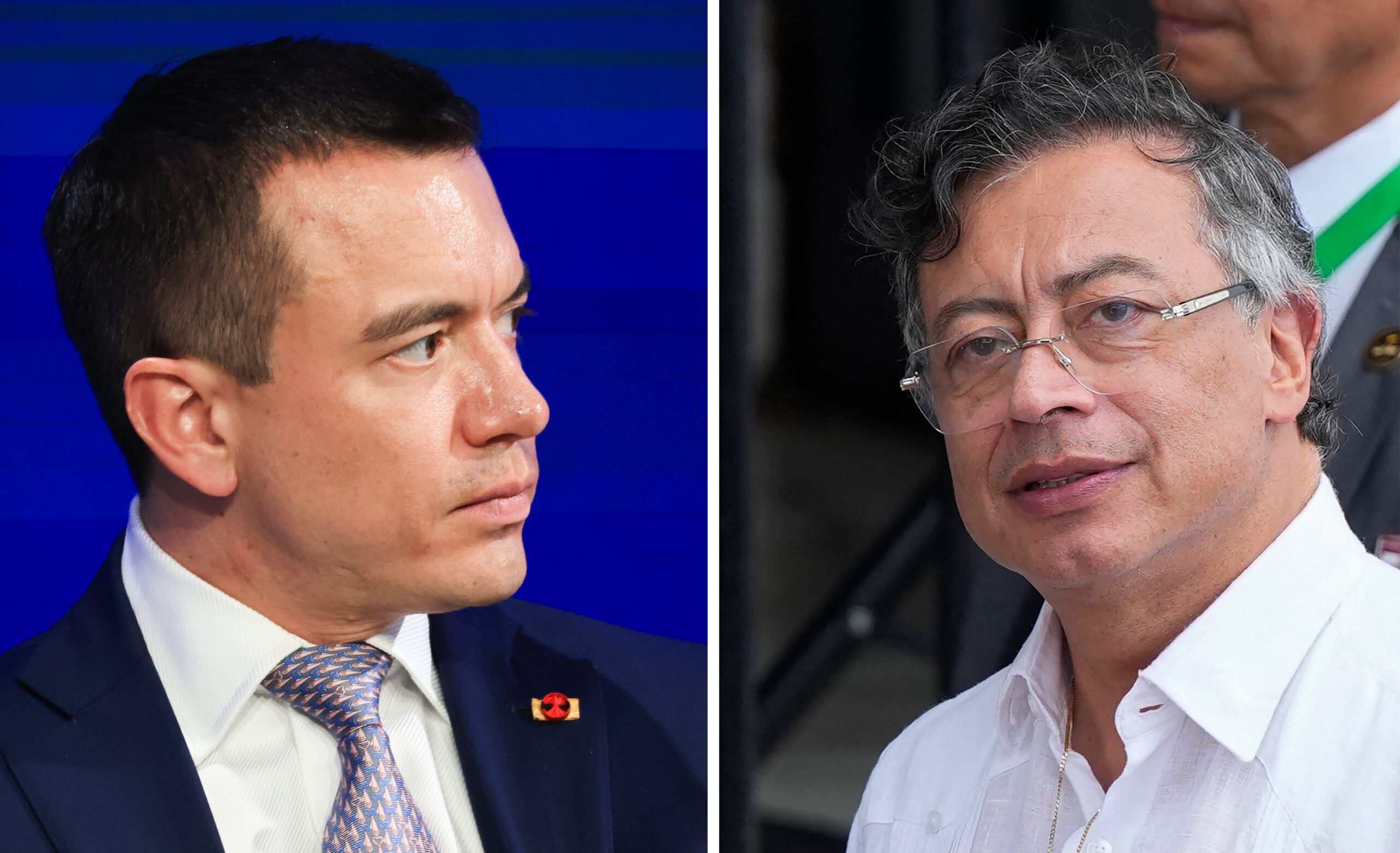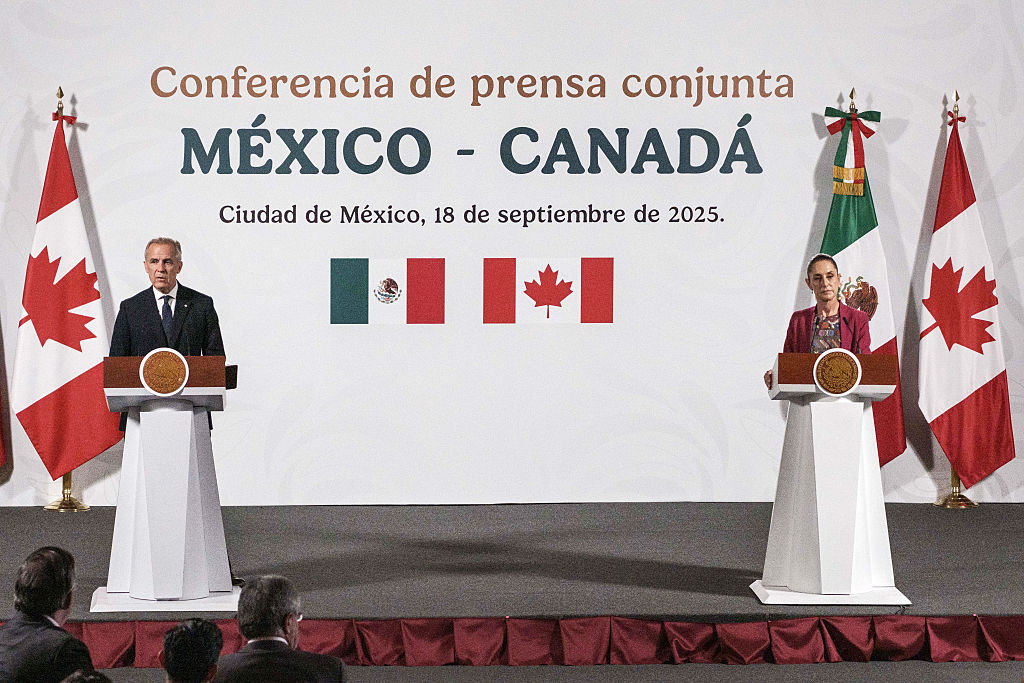The Future of Global Trade Liberalization: A Bleak Winter Ahead
The Future of Global Trade Liberalization: A Bleak Winter Ahead
As the G-8 Heads of State concluded their meeting in St. Petersburg, Russia, there was some lip service paid to the need to conclude the Doha Development Agenda, the latest round of WTO trade talks.
As the G-8 Heads of State concluded their meeting in St. Petersburg, Russia, there was some lip service paid to the need to conclude the Doha Development Agenda, the latest round of WTO trade talks. There was a slight nod towards an extension of the current end- July deadline for another couple of weeks, as well as a waffling instruction to trade ministers to get on with the job. However, a series of missed deadlines have led some to question whether the DDA has a future. If it failed to conclude, it would be the first trade round to fail since the US Congress rejected the rules underpinning the International Trade Organization in 1947. That failure led to fifty years of incremental progress on trade negotiation that culminated in the Uruguay Round’s conclusion in 1994. The Uruguay Round agreements launched the World Trade Organization (whose predecessor was the 1947 ITO), and a series of substantial agreements covering a host of areas beyond traditional tariff and border measures. In order for the blockage in the DDA talks to be cleared, it needed a more powerful shot in the arm from the heads of the G-8 countries. In particular, more than platitudes, there was a real need for the EU member states in particular to talk more directly with each other and with WTO chief, Pascal Lamy. This is because EU trade commissioner, Peter Mandelson’s negotiating remit has always been closely circumscribed by France, Germany and the other powerful EU member states.
While much of the current debate has centered on precisely what level of tariff reduction in agriculture offered by developed countries is enough, and what formulae determine the reduction of tariffs on industrial goods, trying to find a way out of the current impasse by focusing on these details misses the wider and more important point that the stalling of talks is at least partially because trade negotiators are acting as if trade is a zero sum game, and are operating in a highly mercantilist fashion.
There are deeper forces at work here, and they plague not just the DDA but every attempt to increase trade liberalization or build competitive markets. These forces have their tentacles in local legislative houses, and even in mainstream culture, and for those who are the major beneficiaries of trade liberalization and competitive markets, we have only ourselves to blame. We have ourselves unleashed these forces by constantly using the language and modality of mercantilism whenever we negotiate trade agreements. We have (and still do) refer to tariff reductions as concessions, even though when a country reduces tariffs it gains from the enhanced import competition (let us not forget that the modern free trade era was launched by a unilateral tariff “concession” – the repeal of the British corn laws).
Mechanics of Negotiation
When US Secretary of State Cordell Hull first proposed the reciprocal tariff reduction mechanism that we still use in negotiations, it was a brilliant way of harnessing the mercantilist impulse – he recognized that the protectionist impulse was a force like gravity to which man, in his economic relations, is irresistibly drawn and the mechanism of forcing the main supplier of a product to negotiate the greatest amount of liberalization it could was very effective when coupled with the principle of Most Favored Nation under which benefits given to one party must be shared by all. However today, this negotiation methodology reinforces rather than harnesses the mercantilist impulse. When applied to rules negotiations which certainly do not lend themselves to this kind of process, the consequences can be disastrous.
However, scripting this transformation from the mercantilist style in which negotiations are now conducted will not be easy. It will require leadership from Heads of State – it is these leaders who can face down domestic producer lobbies in ways that trade ministries cannot. It is time for more than words from them, but instead for a concrete program of action including taking responsibility for education of the public as to who precisely benefits from trade protection or anti-competitive markets. Heads of State must act as the consumer welfare conscience held up like a mirror to their trade ministries and producer lobbies. As Adam Smith noted, local producer interests are very good at convincing the people that what is in their interest is in the interest of the country as a whole. This is rarely true and very often it is not poor people who benefit from protection, but vested interest elites, who often wield significant political power. DDA represents a single battle in what is a very long war. To win the war, we will need to establish the consumer welfare benefits not only of trade and its liberalization, but also its central importance in developing the market economy. Failure means a fracturing of the global economy into a series of bilateral and regional agreements designed as a step towards managed trade objectives, not as a bridge to multilateral free trade.
Back in the Geneva trade ministerial in July, USTR Susan Schwab noted, with disappointment, that some large developing countries were questioning the very efficacy of market economics. She, along with all who are in the trenches making incremental in-roads into liberalization, have an arduous path ahead. If they are to be successful, they will need society as a whole to shift to a more consumer-driven orientation when it looks at regulation and markets. It is only by arguing the consumer welfare side of the trade equation that we can return this debate to its original non-zero sum conception.








